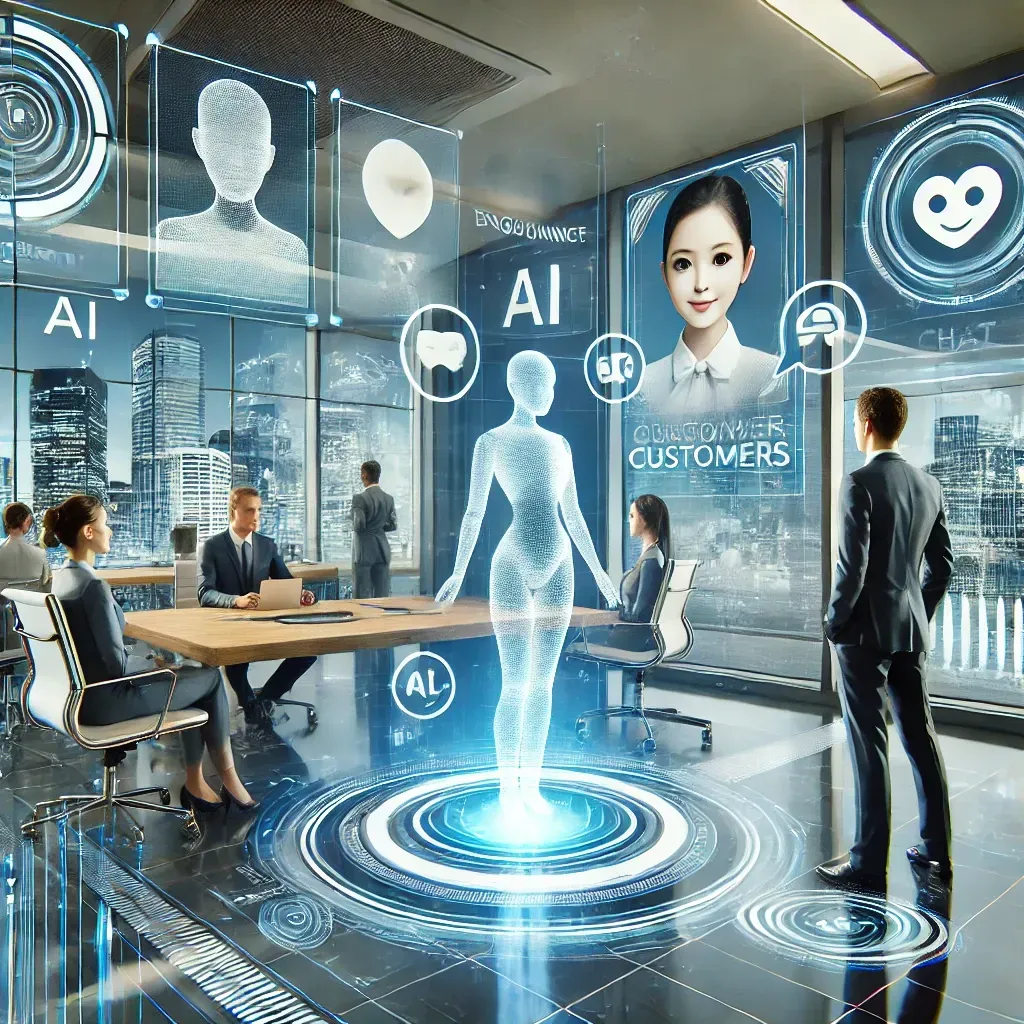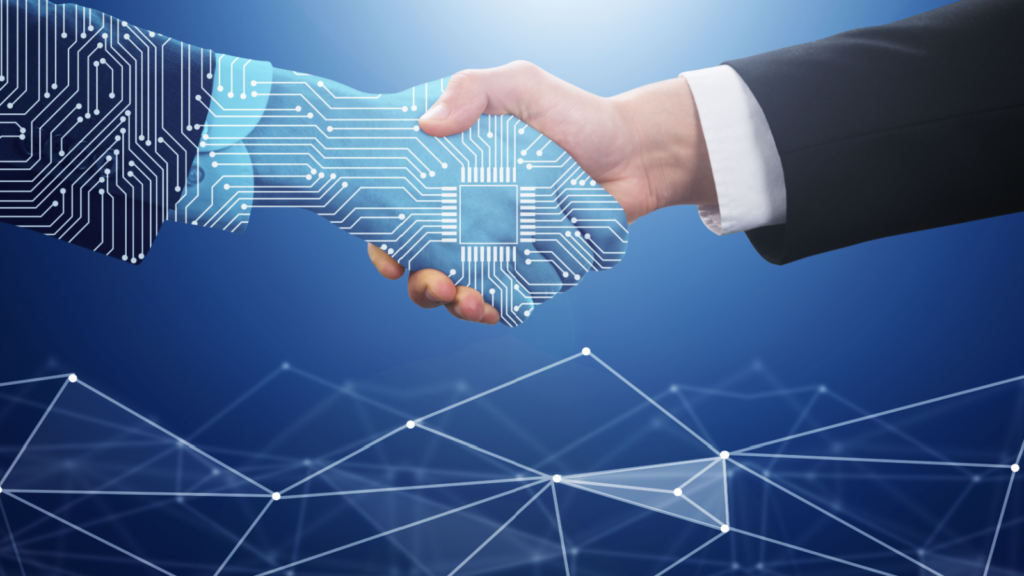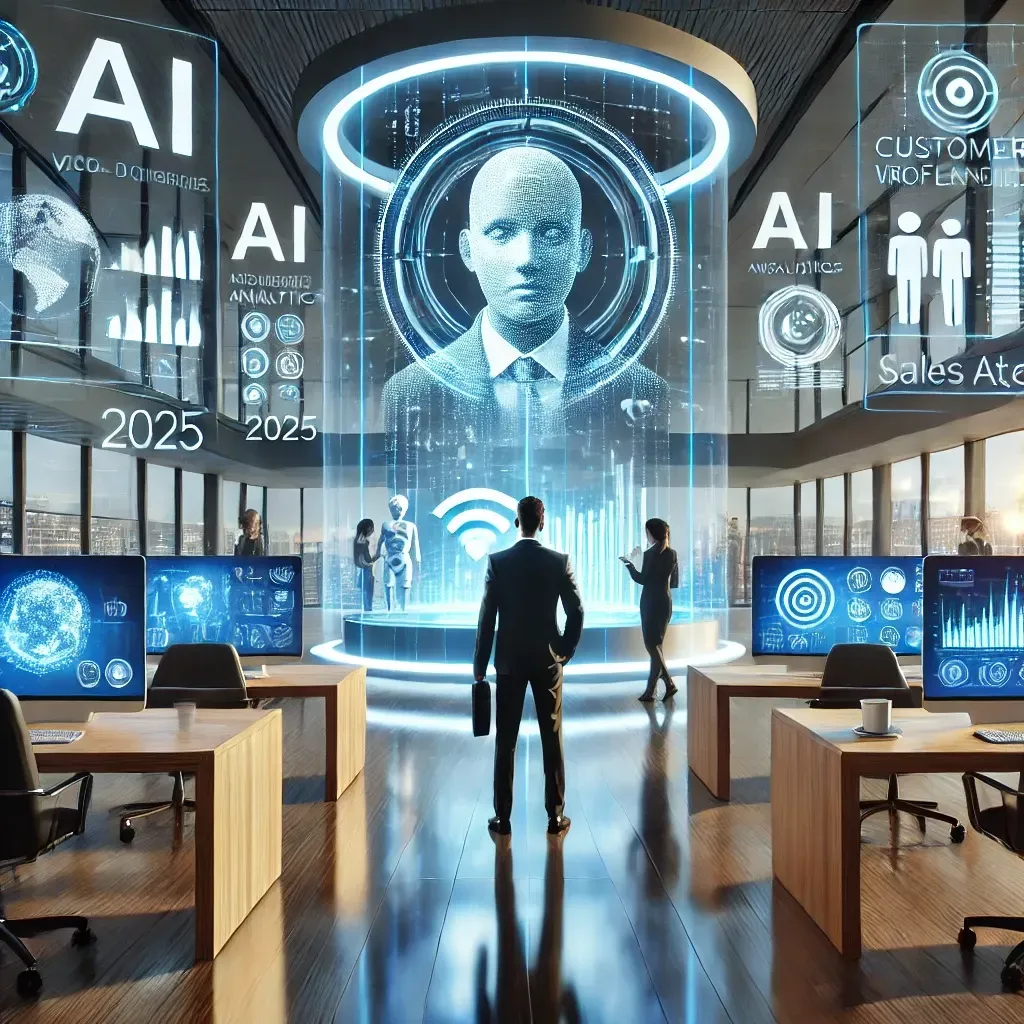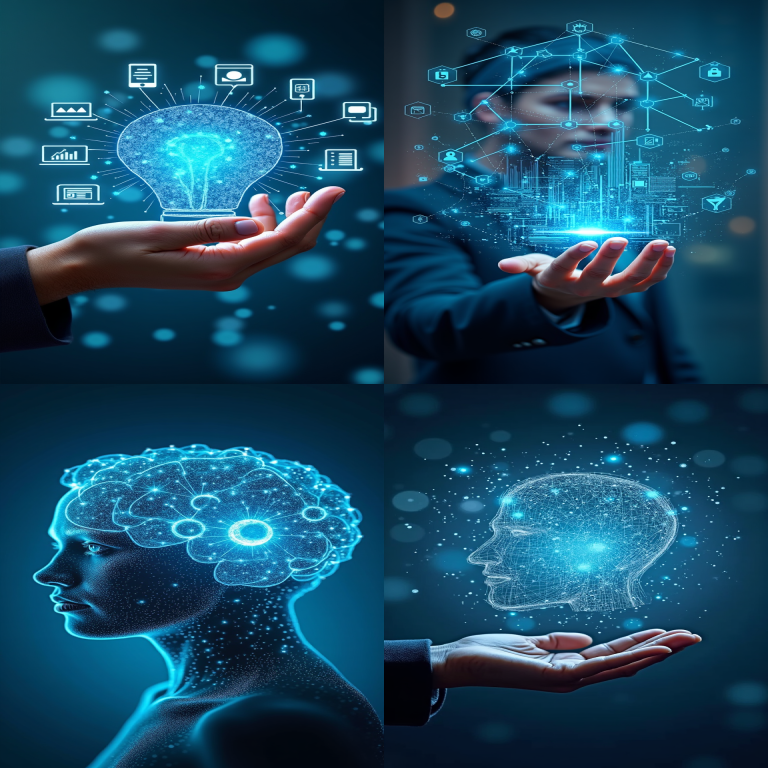Future of Work: Technology-Driven Workforce Trends in 2025
The future of work is rapidly changing as technological advancements redefine how we collaborate, innovate, and deliver value. By 2025, the workforce landscape will be shaped by new trends driven by hybrid work models, AI and robotics integration, and a strong focus on employee upskilling and reskilling. These trends are transforming traditional work environments, offering new opportunities and challenges for both employers and employees. Understanding these shifts is crucial for organizations looking to stay competitive and for professionals aiming to thrive in this evolving landscape.
Shift Towards Hybrid Work Models
One of the most significant trends shaping the future of work is the shift towards hybrid work models. The global pandemic served as a catalyst for remote work adoption, and many companies have since realized the benefits of offering flexible working arrangements. By 2025, the hybrid work model—where employees split their time between working remotely and being in the office—is expected to become the standard for many industries.
This shift provides several advantages, including greater employee satisfaction, improved work-life balance, and access to a larger talent pool. Organizations are reimagining their office spaces, transforming them into collaborative hubs designed for meetings and team-building activities rather than daily tasks. With the support of cloud-based tools, video conferencing, and digital collaboration platforms, teams can now work seamlessly regardless of their location. As a result, businesses can operate more flexibly and efficiently, while employees enjoy the freedom to work in environments that best suit their personal needs.
Use of AI and Robotics in Workforce Automation
The integration of AI and robotics in the workforce is another major trend that will define the future of work. Automation technologies are taking over repetitive and mundane tasks, allowing employees to focus on more strategic and creative activities. By 2025, AI-powered tools will be commonplace in various sectors, from manufacturing and logistics to customer service and finance.
Robotic Process Automation (RPA) is being used to streamline administrative tasks such as data entry, scheduling, and reporting, while AI algorithms are enhancing decision-making through real-time data analysis and predictive modeling. In manufacturing, collaborative robots (cobots) are working alongside human workers to increase productivity and ensure precision in complex processes. These technologies are not only boosting efficiency but also creating new roles that require advanced technical skills, such as AI specialists and robotics engineers.
Upskilling and Reskilling Employees for the Digital Era
As technology continues to disrupt traditional job roles, upskilling and reskilling have become essential strategies for preparing the workforce for the future. By 2025, the demand for digital skills will be at an all-time high, making it imperative for employees to continually update their knowledge and adapt to new tools and processes. Companies are investing heavily in employee development programs that focus on both technical and soft skills, including data analysis, programming, digital literacy, and leadership.
The rise of online learning platforms and virtual training solutions has made skill development more accessible than ever. Employees can now take part in targeted training programs at their own pace, ensuring they remain relevant in an evolving job market. Businesses that prioritize upskilling and reskilling initiatives are not only enhancing their competitive edge but also fostering a culture of continuous learning and innovation.
The future of work is being shaped by the adoption of hybrid models, the growing role of AI and robotics in automating tasks, and a heightened focus on upskilling and reskilling. By embracing these trends, organizations can build a more adaptable and agile workforce, while employees can position themselves for success in an increasingly technology-driven world. As we move closer to 2025, understanding and adapting to these changes will be key to thriving in the future workplace.
FAQs
1. What is a hybrid work model, and why is it becoming popular?
A hybrid work model allows employees to work both remotely and from the office, offering flexibility and improved work-life balance, while enhancing productivity and collaboration.
2. How are AI and robotics changing the workforce?
AI and robotics are automating routine tasks, allowing employees to focus on more strategic activities and creating new roles that require advanced technical skills.
3. Why is upskilling important in the future of work?
Upskilling equips employees with the latest skills needed to stay relevant in a rapidly evolving job market, enhancing their career prospects and helping organizations stay competitive.
4. What are collaborative robots (cobots)?
Cobots are robots designed to work alongside human workers, assisting in tasks that require precision and helping to boost overall productivity and safety in manufacturing.
5. How can companies support employees in upskilling and reskilling?
Companies can offer targeted training programs, invest in online learning platforms, and create mentorship opportunities to help employees build new skills and advance in their careers.
Let’s talk!
Have a question or comment?
Let us know. (909) 362-3131
Mailing Address:
21736 Wesley Drive
Laguna Beach, CA. 92651










